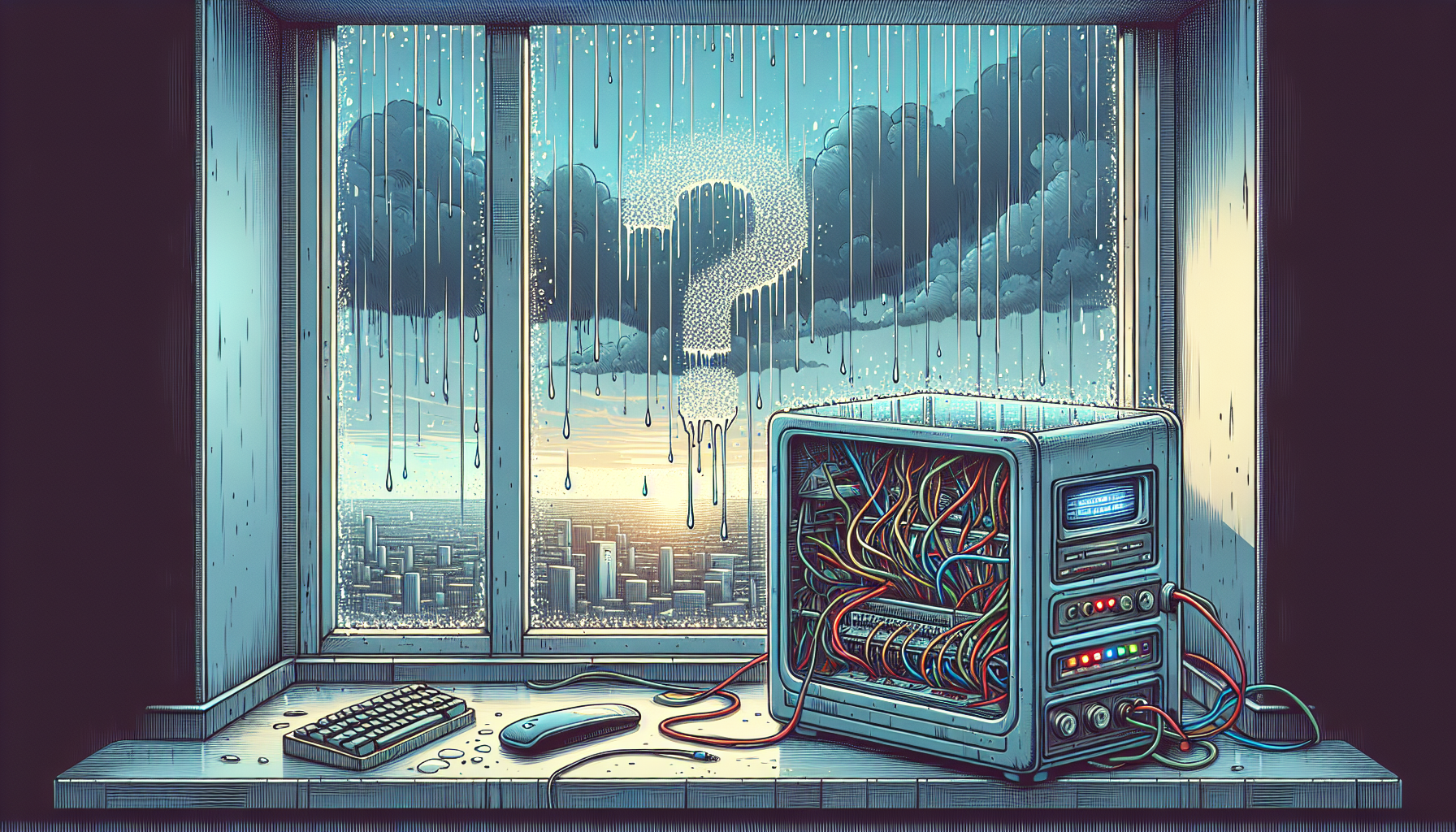On a rainy Thursday afternoon, you might ask yourself: Is it possible that the cleverest artificial intelligences, humming away in faraway servers, could eventually match (or surpass) the unique spark of human creativity? Can an algorithm ever experience a eureka moment, or have one of those wild, intuitive leaps that make us human? Let’s take a walk through this puzzle—umbrella optional.
The Nuts and Bolts of AI Creativity
AI today can produce paintings, compose symphonies, write poetry, and even tell the occasional joke (though, let’s admit, a lot of those jokes still make you groan more than laugh). Underneath these feats, however, there’s no mystery about how it all happens. AI creativity is based on a mountain of data, heaps of pattern recognition, and a delicious stew of probability calculations. You might say it’s “inspired” by billions of examples from the internet, past works, and anything else we humans can feed it.
This form of creativity is brilliant at remixing. Give an AI some Shakespeare, a dash of jazz, a bit of Bollywood, and a few memes, and it can blend them into something new—at least, new-ish. But the question is: does this process match the originality and intuition that a human displays?
Intuition: That Mysterious Human Shortcut
Intuition is that indescribable sense of “I just know.” It’s what helps a chef invent a flavor combination that has never existed before. It’s why a painter decides to experiment with a ragged old toothbrush instead of a paintbrush. It’s how, sometimes, someone takes a wild, seemingly crazy leap that turns out to be exactly right.
Humans don’t just follow the rules; we break them, often without consciously understanding why. Intuition bubbles up from a deep well of experience, emotion, cultural context, and those hard-to-pin-down quirks of personality. No instruction manual required. In fact, there’s rarely a manual at all—it’s more like a wild garden than a tidy blueprint.
AI, by contrast, doesn’t have a gut—or spontaneous inspiration bubbling up from the depths of a lived life. The machine follows programmed pathways, drawing from massive experience, but without those mysterious flashes of hunches or feelings. Can that ever change?
Originality: Striking Out Into the Unknown
If we strip away intuition and focus purely on originality, can AI lead us somewhere truly new? There’s evidence to suggest it can generate creative results that surprise even its programmers. AI is famously good at playing games—think AlphaGo’s unexpected moves that dazzled the world’s best human Go players. Sometimes, an algorithm finds a solution no one anticipated, simply because its logic isn’t quite like our own.
Yet, there’s a subtle difference here. When humans make something new, it often comes laden with intention, emotion, a big dose of context, and sometimes even existential angst. (AI, so far, remains blissfully angst-free.) A painting by a human is rooted in life—the artist’s memories, pain, hopes, culture, all mashed together.
When an AI creates, it is, in a sense, always riffing on what it already knows or has been exposed to. The resulting poem or image might look original, but it’s hard to say whether it was created “for a reason” in the human sense. If a robot makes the world’s first soup-flavored ice cream, is it a creative leap, or just a statistically rare combination? (Let’s hope it tastes better than it sounds.)
The Case for Surpassing Humans
Now, it would be reckless to say that AI will never match or exceed human creativity. After all, we humans have a history of declaring things impossible right before building a bridge, flying, or accidentally inventing potato chips. Given the relentless progress of AI, it’s likely that the gap will continue to close.
Future AI may be able to simulate intuition—predicting what truly wild ideas might succeed, or how to shock and delight us in ways we can’t easily predict. It might do so by recognizing patterns too subtle for the human mind, or by drawing analogies at lightning speed across disciplines. Already, AIs are co-authors on scientific papers and help design complex molecules for new medicines.
Will that be “authentic” creativity? Or is it just clever imitation? Here, we start to wander off the road and into the philosophical weeds. If a poem makes you cry, does it matter if it came from an AI or a fellow human? For some, the answer is yes. For others, perhaps not.
Why Human Creativity Still Matters
Yet, it’s unlikely that AI will replace human creativity entirely. After all, creativity isn’t just about producing new things; it’s about connection, meaning, and expression. An AI might be able to write a love poem, but can it know what it means to fall in love? It can compose a symphony, but does it hear the music in its mind, or just the numbers humming along?
In many ways, our creativity springs from our imperfections—our limitations, struggles, longing for understanding, and, dare I say, our boredom. AI doesn’t get bored. Above all, human creativity is tangled up with consciousness. We create not just to be clever, but to be seen, to share a piece of ourselves with the world. AI might generate, but it doesn’t yearn.
So, Will the Robots Take Over the Art World?
Here’s the thing: AI will almost certainly become a powerful creative partner. It will help us see possibilities we might have missed and remix styles in delightful ways. But the essence of human creativity—our intuition, our spirit of rebellion, our ability to connect meaning with experience—is a stubbornly human territory.
In other words, if an AI ever writes a novel that truly moves you to tears, rest assured you still have something the AI does not: the lived experience of what it feels like to be moved, to wonder, to create.
So let’s enjoy what the machines can make, and keep making our own wild, weird, wonderful art. And if an AI suggests you try soup-flavored ice cream, maybe just say no—unless you’re feeling especially creative.

Leave a Reply